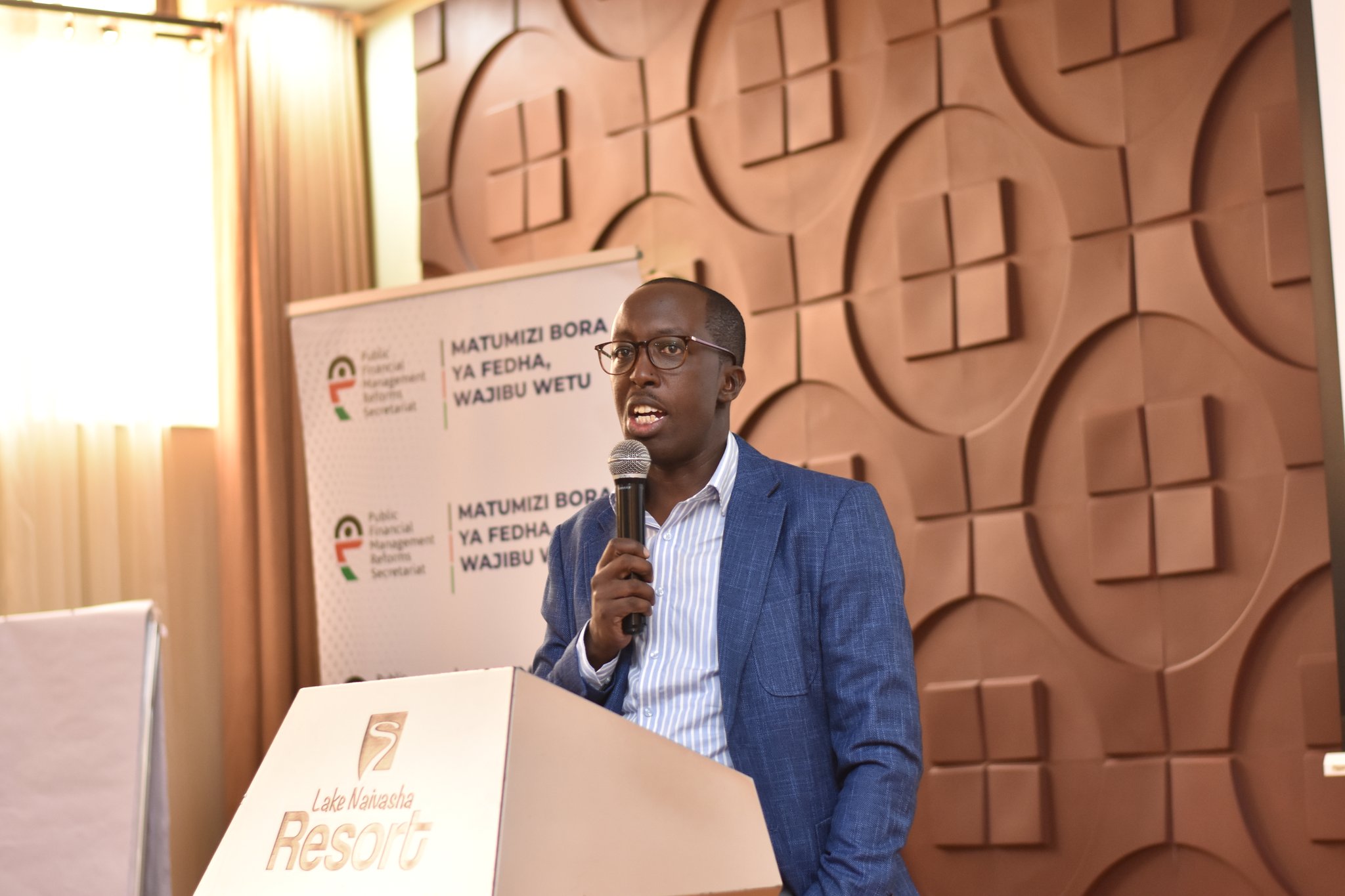State fixes tender prices in new digital procurement system

Prices for items will be determined through regular market surveys and locked in the system to prevent officials from approving inflated quotations
The government has introduced strict price caps for all goods and services procured by State corporations, county governments, and other public entities as part of a new electronic procurement system aimed at ending inflated costs and procurement loopholes.
Prices for items will be determined through regular market surveys and locked in the system to prevent officials from approving inflated quotations.
Joel Bett, programme coordinator for the Public Financial Management Reforms Secretariat under the National Treasury, said the new system will ensure that procurement officers cannot approve payments above the set market rate.
“They (prices of these items) will be put in the system. So, if this pen is to cost in the market, let us say Sh100, any procurement person cannot go beyond that price. The system will not take it,” said Bett.
Under the previous manual procurement system, the Public Procurement Regulatory Authority conducted market surveys and issued guidelines to standardise prices.
However, the rules were often ignored, with procurement officers and suppliers colluding to inflate costs. This has led to years of shocking scandals in which basic items were purchased at exorbitant rates.
Examples include a county buying a wheelbarrow for Sh109,000, condoms at Sh32,000 per dispenser, and a television set for Sh1.7 million. Even stationery such as pens and reams of paper have been supplied at up to four times their market price.
Bett noted that some of the overpricing was linked to suppliers adjusting their costs to cover delayed payments, with some waiting for years before being paid.
The National Treasury, however, believes that the new digital procurement platform, supported by automated exchequer releases, will end such practices by ensuring prompt payments.
The electronic procurement system went live in July 2025, following a directive from President William Ruto earlier this year to digitise government tenders. The move is expected to enhance transparency, stop cost inflation, and tackle corruption in public procurement processes.
